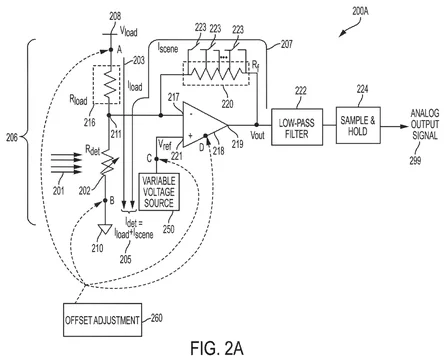
We've written a lot about how there is a split in the District of Delaware about whether a complaint itself can establish knowledge of infringement sufficient to support a claim of post-filing willfulness or induced infringement.
Early this week, visiting Judge Kennelly weighed in, siding with the judges who say that a complaint can establish knowledge, in a short opinion:
A claim for willful infringement of a patent requires the plaintiff to establish—or at this point in the case, to plausibly allege—that the accused infringer had knowledge of or was willfully blind to the patent and that its conduct constituted, induced, or contributed to infringement. . . . Similarly, a claim of induced or contributory infringement "requires knowledge of the patent in suit and knowledge of patent infringement." . . . Vizgen argues that neither one day's pre-suit notice nor notice suppled by the filing of suit itself suffices. The Court, however, agrees with those judges who have concluded that notice supplied to the accused infringer by the filing of a suit may satisfy the knowledge requirement for post-suit willful or induced infringement, which is what 10X contends here. See, e.g., Tonal Sys., Inc. v. iFIT Inc., No. 20-1197-LPS-CJB, 2022 WL951549, at *1-2 (D. Del. Mar. 30, 2022) (Stark, J.).
Plaintiff here, wisely, also provided notice the day before filing the complaint (which is not the shortest period we've seen). But the Court did not simply hold that one day's notice is enough. Instead, it focused on the complaint, and chose a side in the ongoing split.
At some point, I'm sure we'll see something from the Federal Circuit resolving this. But until then, it seems ill-advised to rely on the complaint to prove knowledge in a patent case in the District of Delaware (at least if you don't yet know which judge you may get).
If you enjoyed this post, consider subscribing to receive free e-mail updates about new posts.





